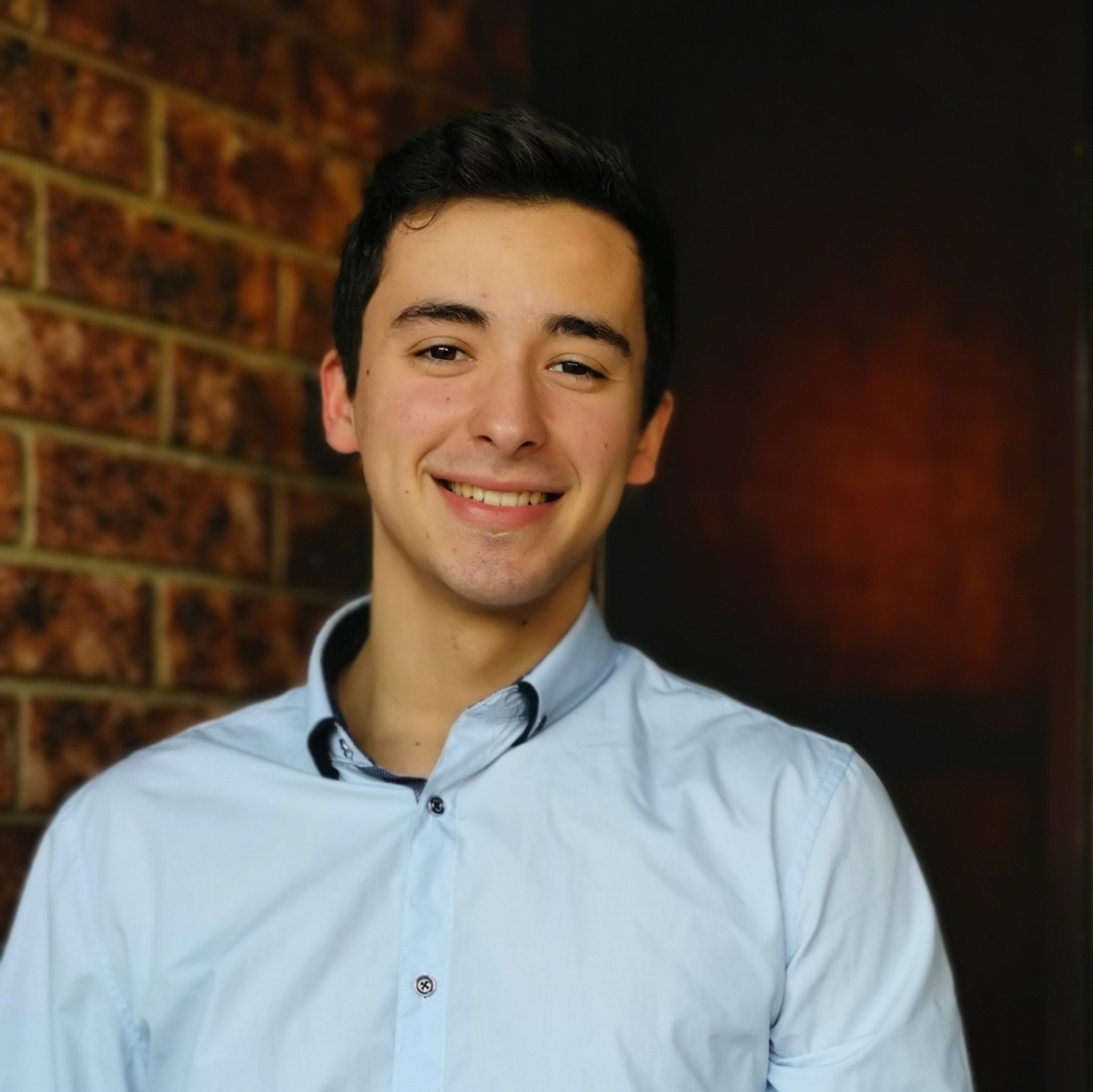WERQSHOP Talk
Quantum error correction beyond the surface code
Juan Pablo Bonilla Ataides is a physicist currently pursuing his Ph.D. in Physics at Harvard University as part of Professor Mikhail Lukin’s research group. Pablo was awarded his Master of Arts in Physics from Harvard in May 2024. Before joining Harvard, Pablo studied at the University of Sydney, earning a Bachelor of Science and Bachelor of Advanced Studies with honors in Mathematics and Physics. Pablo’s research primarily revolves around quantum physics, quantum error correction, and quantum information theory.

Abstract
Quantum error correction is widely expected to play a crucial role in realizing large-scale quantum processors. Currently, the surface code is the leading quantum error-correcting code due to its high fault-tolerance thresholds and practical implementation requirements, which only necessitate nearest-neighbor interactions—a restriction suitable for many state-of-the-art platforms such as Google's and IBM's superconducting qubit systems. However, emerging quantum computing platforms, like reconfigurable neutral atom arrays, support arbitrary qubit connectivity. This flexibility prompts a fundamental question: can we outperform the surface code by exploiting non-local interactions? In this talk, we explore recent developments in high-rate quantum low-density parity-check (qLDPC) codes that leverage non-local connectivity. We demonstrate that these codes can offer more than an order-of-magnitude improvement in resource efficiency compared to the surface code, significantly reducing spatial overhead required for quantum memory and logical gate operations. Additionally, we will discuss practical strategies for implementing the inherent non-local interactions of qLDPC codes within neutral atom platforms, highlighting both their potential advantages and technical challenges. This presentation builds upon recent work [https://www.nature.com/articles/s41567-024-02479-z], contextualized for broad accessibility.